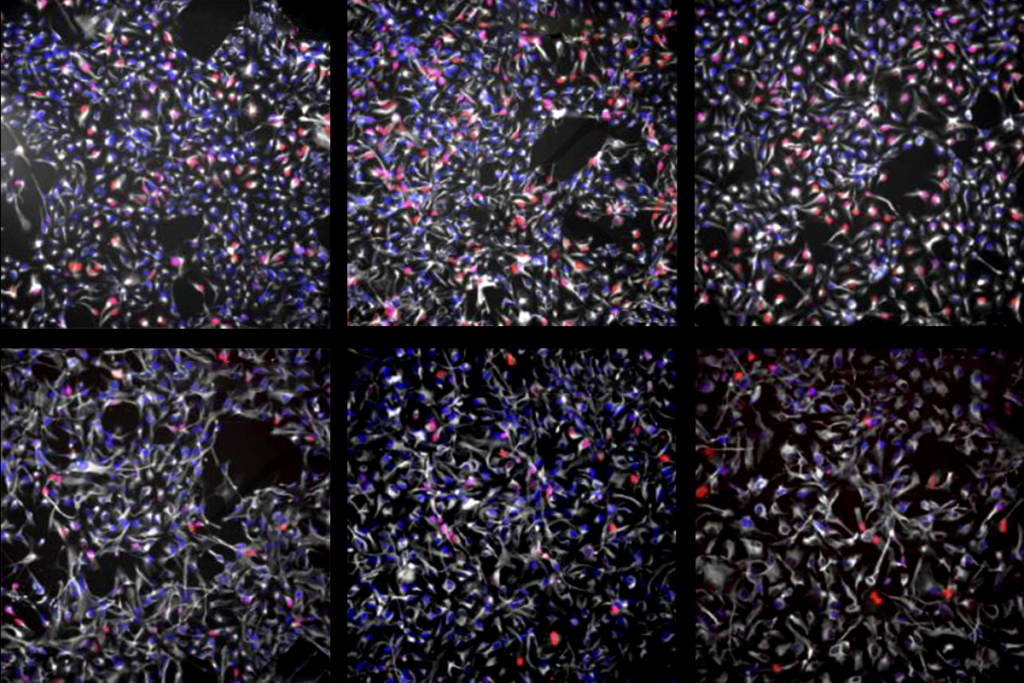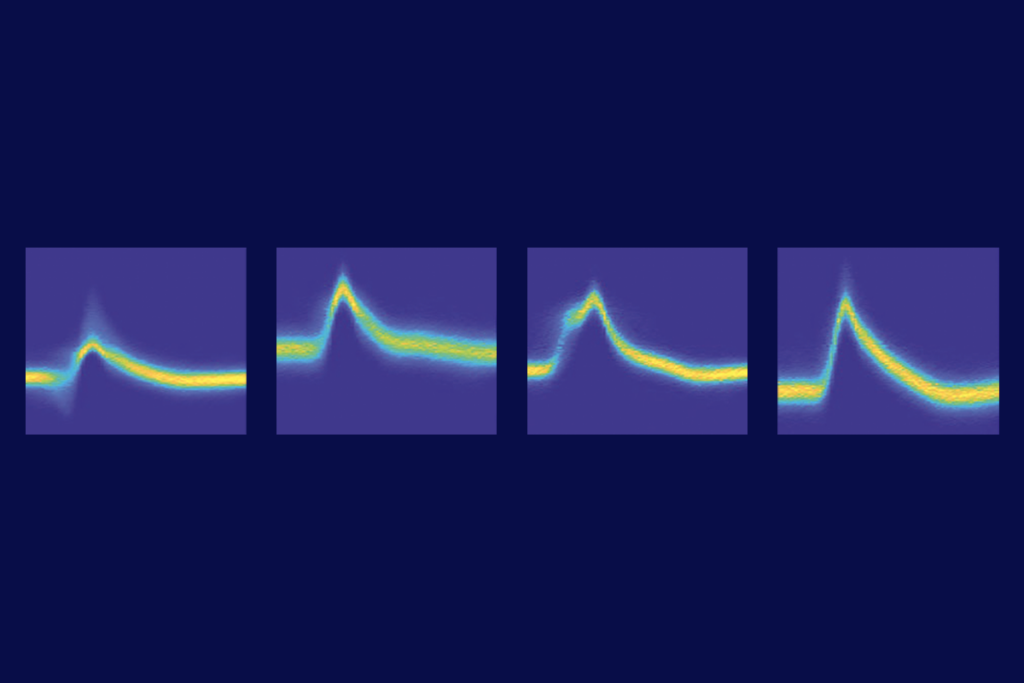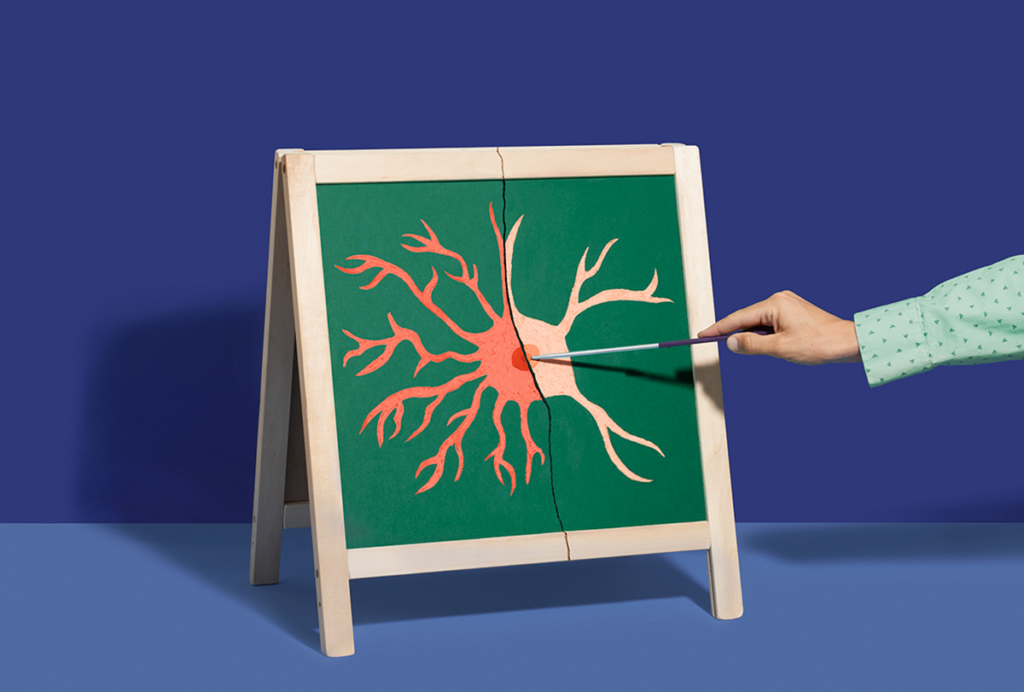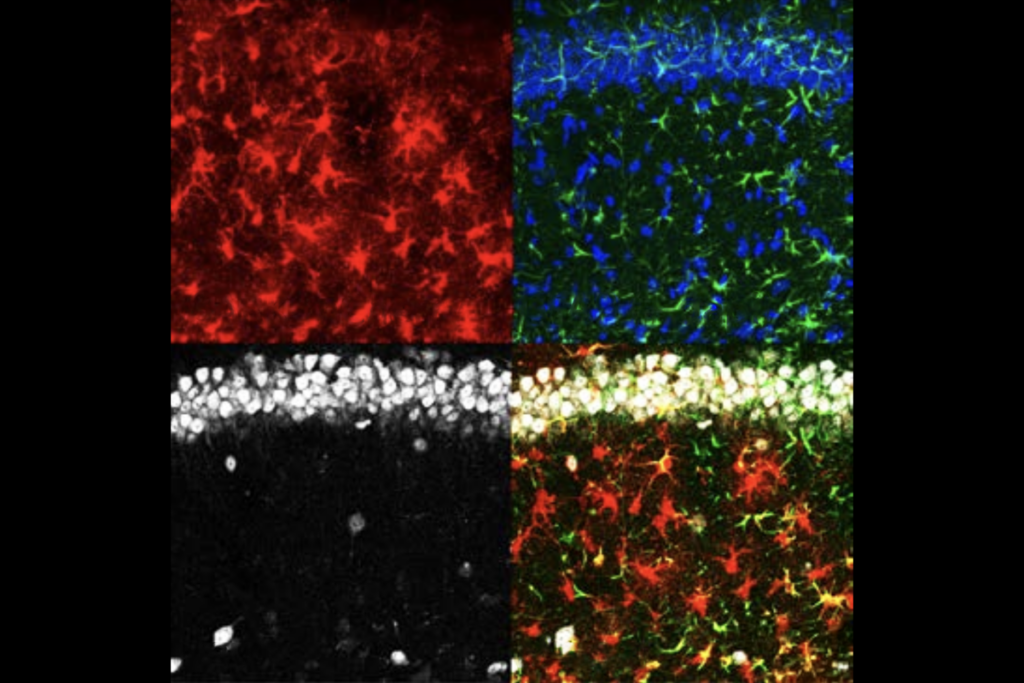Maimuna Paul, a postdoctoral researcher in Tuan Chao’s lab at Baylor College of Medicine in Houston, Texas, presented a poster at Neuroscience 2022 describing a series of experiments in which she used fruit flies to explore how rare de novo variants in the gene PPFIA3 cause autism, seizures, intellectual disability and other delays in children with those mutations. In this video, Paul recaps her poster, and Chao describes their journey to characterize the neurodevelopmental syndrome associated with PPFIA3.
Transcript:
Tuan Chao: Our journey toward this discovery actually began through our work with the Undiagnosed Diseases Network. This is a large-scale national consortium of scientists across all different disciplines, where we try to identify the genetic etiologies, or causes, of rare diseases. And the story starts with a little girl who was found to have a very rare genetic change in this gene, PPFIA3. And it hadn’t been previously seen before or recognized to be contributing to human disease. And over the next several years, Dr. Paul and our team subsequently identified several other boys and girls. And they all share these common features, with delays in their motor and their language development. They can have epilepsy and autism, as well as other developmental complications, such as low muscle tone and other changes. And Dr. Paul developed a very elegant series of experiments with our very classic model organism, the fruit fly. And so leveraging that wonderful genetic toolkits that we’ve developed over these many decades, Dr. Paul actually was able to determine that these genetic changes in this gene, PPFIA3, which is so critical for forming that scaffolding architecture of the presynaptic structure, was causing these neurological findings and leading to the risk of autism in children with mutations in the gene PPFIA3.
Maimuna Paul: Hi, my poster is about a new disease gene called PPFIA3, in which the variants can cause neurodevelopmental disorder characterized by delayed development, hypotonia, seizures and autism in the individuals. So, we basically used fruit flies as model to prove these variants are pathogenic, and then we found that when you express the PPFIA3 variants in fruit flies, they can cause developmental, anatomical and behavioral defects. Since this gene is known to be involved in the presynaptic transmission, we also checked the fruit flies’ neuromuscular junction phenotypes, and we found that expression of these variants can cause bouton loss and neuromuscular junction defects in the flies. More interestingly, when you delete the fly gene and express the PPFIA3 wildtype gene, it can rescue that fly liprin-alpha loss-of-function phenotype, whereas the variants cannot rescue. So this indicates that the variants in the PPFIA3 is pathogenic and it can cause a disease.
Read more reports from Neuroscience 2022.





